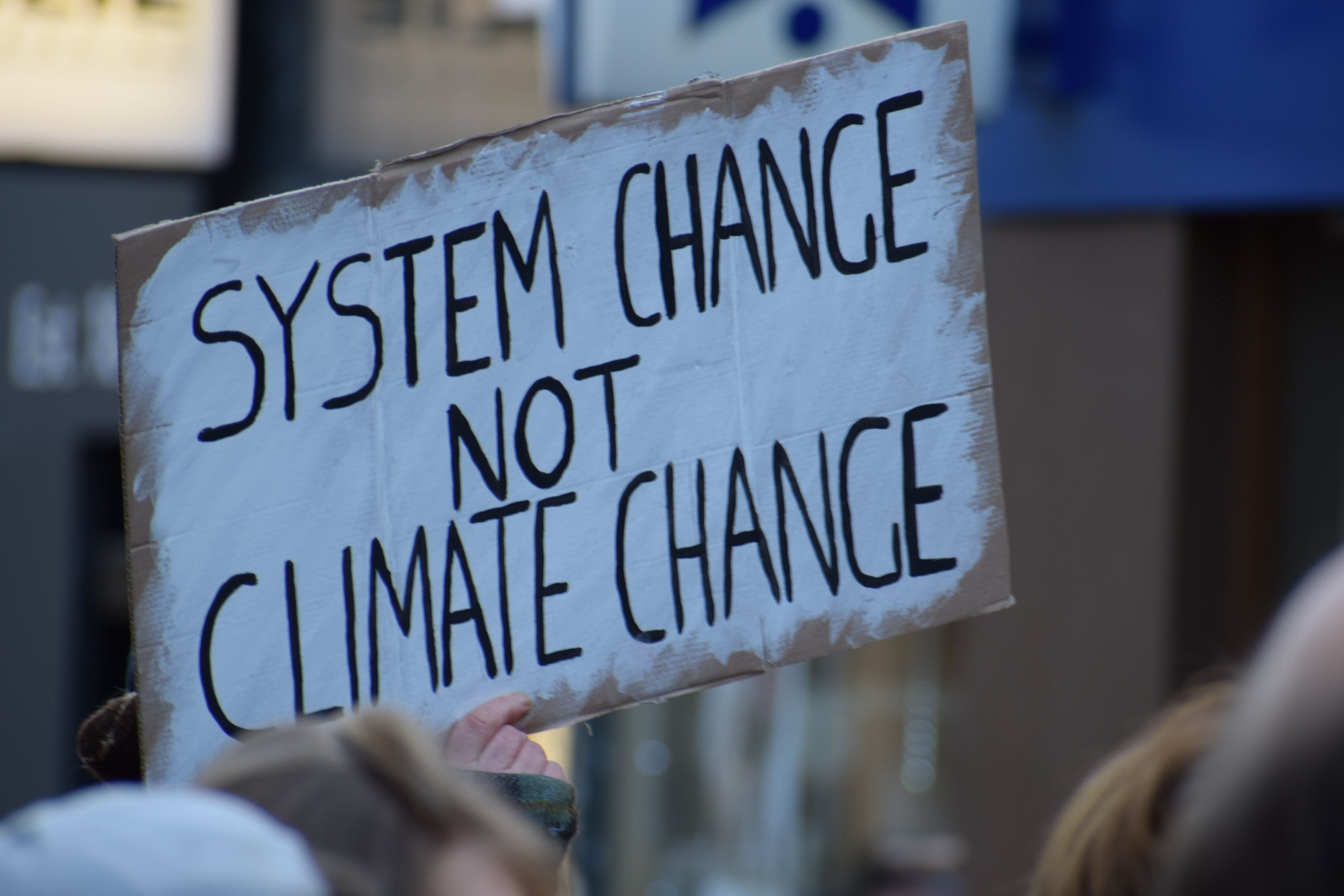In the spring of 2022, the Yale Program on Climate Change Communication (YPCCC) investigated the opinions of almost 200 countries towards climate change. The study, conducted on Facebook, examined the knowledge, behavior, and policy preference in regard to climate change.
European countries show very different attitudes when it comes to environmental issues. Some countries exhibit great concern, whereas others show little to no interest or belief in it.
Before diving into the results of the study, let’s have a look at how and why the study was conducted in the first place.
The Global Warming’s Six Audiences
The 2022 study starts from the results of the last decade of analysis in regard to the Six Audiences. In fact, since 2009, YPCCC has been investigating people’s attitudes and behaviors towards climate change, dividing them into six groups.
The Alarmed are people who are extremely aware and convinced of climate change and its impact on the planet. They also believe climate change is human-caused and are supportive of environmental policies.
The Concerned are people who are aware of the seriousness of climate change but they believe its effects are not gonna be visible in the near future. Therefore, climate issues are not one of their top priorities.
The Cautious cannot decide whether climate change is happening or not, whereas the Disengaged know little or nothing about it.
The Doubtful generally believe climate change is the result of natural cycles or they do not believe in climate change at all. Similarly, the Dismissive are climate change deniers: They do not believe it is happening, nor that it is human-caused.
Europe’s Attitudes: Climate Distress and Emission Levels
Among European countries, the three countries with the highest number of Alarmed people are Portugal, Spain, and Italy. Surprisingly — or not — these three are not in the top 15 emitters.
The World Bank estimated the total number of greenhouse gas emissions for each country in the last 30 years. Among European countries, Germany, United Kingdom, and France are the three countries with the highest emissions. The first two countries are also in the top 15 emitters in the world.
Related articles: Why UN Climate Science Must Keep Shaping Global Climate Policy | Clearing up Common Misconceptions on Climate Change | Evidence Keeps Piling Up: Humans Worsen 71% of Extreme Weather Events | Extreme Hunger Rises by 123% in Worst-Affected Climate Hotspots
In general, almost all European countries had half of the participants in the Alarmed or Concerned group. However, the top emitters — apart from France — hardly make it to the first half of the list in terms of climate change attitudes.
This is also true for lower emitters. In fact, even though Switzerland emits less greenhouse gasses than Norway and Sweden, its population is considerably more preoccupied with climate change, especially in the Alarmed category.
However, there is one group that is rather consistent. In the majority of European countries, the number of Dismissive people is always very small.
Nonetheless, the number of Cautious, Disengaged, and Doubtful people in the lower half of the list is worrying. In fact, in more than half of the countries, between 40% and 60% of the people fall under these categories.
Climate change is not a problem of the future. We need consistent and immediate action to mitigate the effects of our footprint.
But why are so many people still denying climate change is real?

Investigating Climate Change: We Need to Care
There is a strong link between environmental awareness and socio-economic factors. In general, education and economic well being are associated with environmental concern: People are more aware of environmental issues and therefore more likely to take actions.
However, another important factor that comes into play when assessing environmental concern is personal experience. Someone who witnesses the effects of climate change — such as floods, storms, and heatwaves — is more likely to be invested in environmental issues.
This correlation could explain why Scandinavian countries have a higher number of people who fall under the Cautious, Disengaged, and Doubtful categories. As opposed to that, Southern European countries that have witnessed climate change-caused heat waves and storms in the past few years — such as Spain and Italy — have a considerably bigger number of Alarmed and Concerned people.
The study examined in this article, as mentioned above, is from 2022. Considering the extreme weather we have witnessed in the last year and the correlation between personal experience and environmental concern, it would be interesting to see whether the attitudes of people toward climate change have shifted in 2023.
Editor’s Note: The opinions expressed here by the authors are their own, not those of Impakter.com — In the Featured Photo: One world sign, Germany, 2019. Featured Photo Credit: Markus Spiske.









